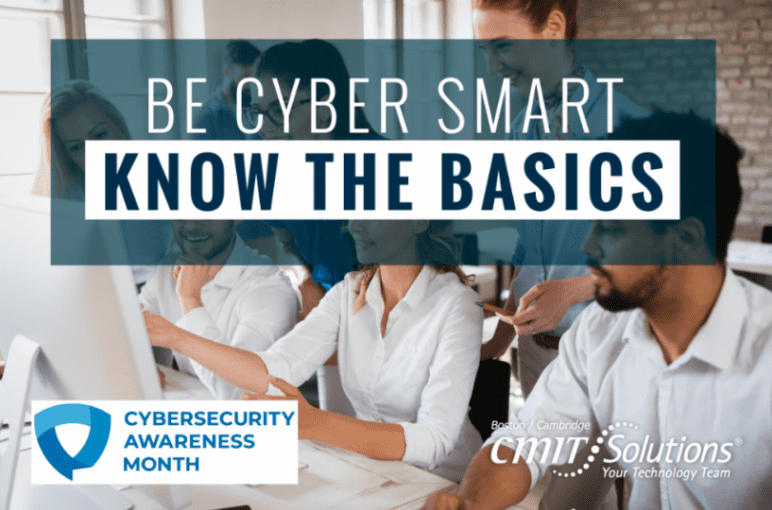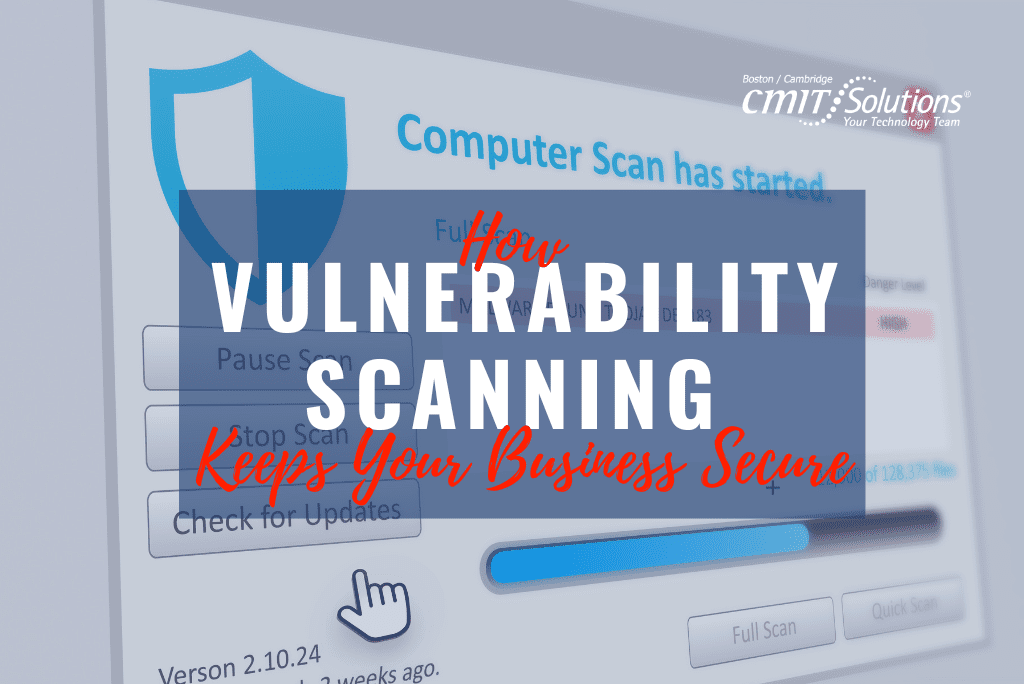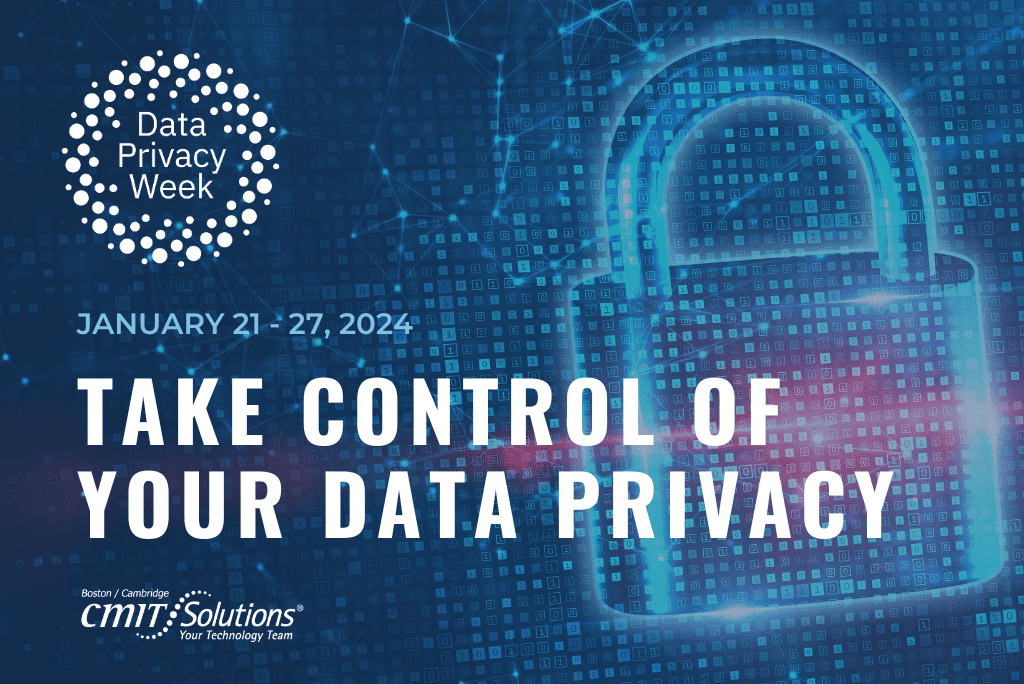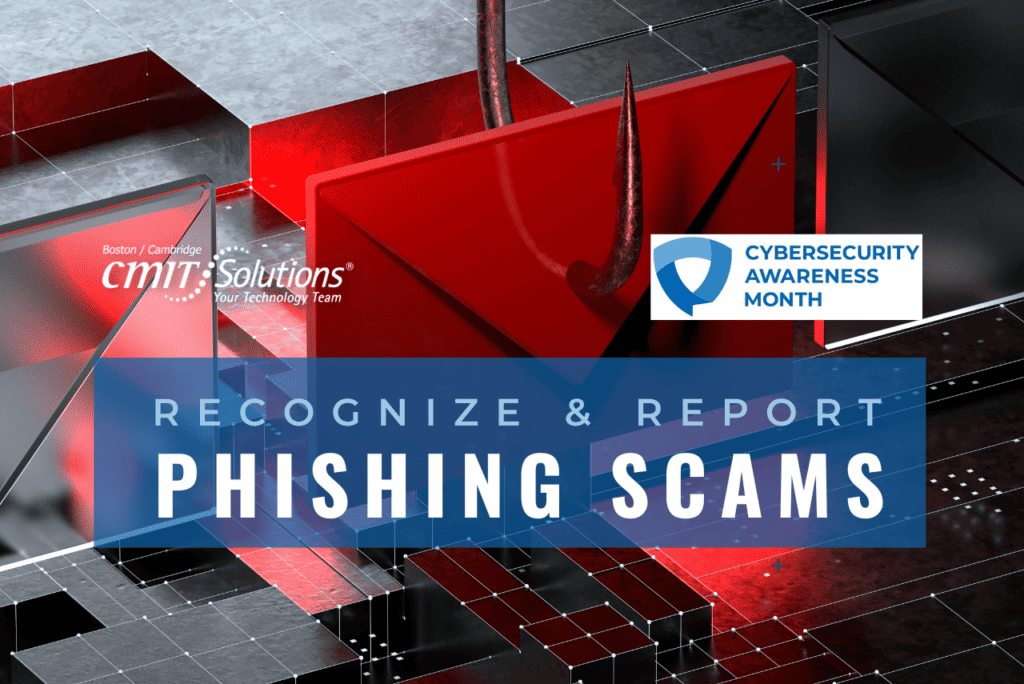Be Cyber Smart – Know The Basics
Every October, Cybersecurity Awareness Month raises awareness about the importance of cybersecurity and ensures that everyone has the information and tools they need to be safer online.
More than ever before, technology plays a part in almost everything we do. Connected devices have been woven into society as an integral part of how people communicate and access services essential to their well-being. Despite these great advances in technology and the conveniences this provides, recent events have shown us how quickly our lives and businesses can be disrupted when cyber criminals and adversaries use technology to do harm.
Cybersecurity Awareness Month aims to shed light on these security vulnerabilities, while offering actionable guidance surrounding behaviors anyone can take to protect themselves and their organizations. Everyone has a responsibility to do their part in securing our interconnected world.
Know the Cyber Basics
The first week of Cybersecurity Awareness Month emphasizes understanding and implementing basic cyber hygiene. The following basic cybersecurity best practices are simple enough to be used at work and at home:
ENABLE MFA — Multi-factor authentication (MFA) adds that necessary second check to verify your identity when logging in to one of your accounts. By requiring multiple methods of authentication, your account is further protected from being compromised, even if a bad actor hijacks your password. In this way, MFAs make it more difficult for password cracking tools to enable attackers to break into accounts.
USE STRONG PASSPHRASES / PASSWORD MANAGER — This may seem obvious, but all too often securing strong passphrases/password managers is overlooked. People spending more time online during the pandemic has certainly contributed to more bad actors prowling for accounts to attack. Using long, complex, and unique passwords is a good way to stop your account from being hacked, and an easy way of keeping track and remembering your passwords is by using a password manager.
PERFORM SOFTWARE UPDATES — When a device prompts that it’s time to update the software, it may be tempting to simply click postpone, and ignore the message. However, having the latest security software, web browser, and operating system on devices is one of the best defenses against online threats. So, don’t wait – update.
DO YOUR RESEARCH — Common sense is a crucial part of maintaining good online hygiene, and an intuitive step to stay safe online is to do some research before downloading anything new you are downloading to your device, such as apps. Before downloading any new learning app on your device, make sure that it’s safe first by checking who created the app, what the user reviews say, and if there are any articles published online about the app’s privacy and security features.
CHECK YOUR SETTINGS — Be diligent to double check your privacy and security settings. Be aware who can access your documents. This extends from Google docs, to Zoom calls, and beyond. For meetings on Zoom, for example, create passwords so only those invited to the session can attend, and restrict who can share their screen or files with the rest of the attendees.
Do Your Part
Being cyber smart and maintaining stellar online hygiene is the best way to protect yourself and others from cyber attacks. No single tip is foolproof but taken together they can make a real difference for taking control of your online presence. Following these tips is also easy, and free. By taking preventive measures and making a habit of practicing online safety, you can decrease your odds of being hacked exponentially – and prevent lost time and money, as well as annoyance.
Stay tuned each week in October as we’ll post a new blog for Cybersecurity Awareness Month.
Written by: Chris Zambuto | Chief Information Security Officer @CMITBostonCambridge









